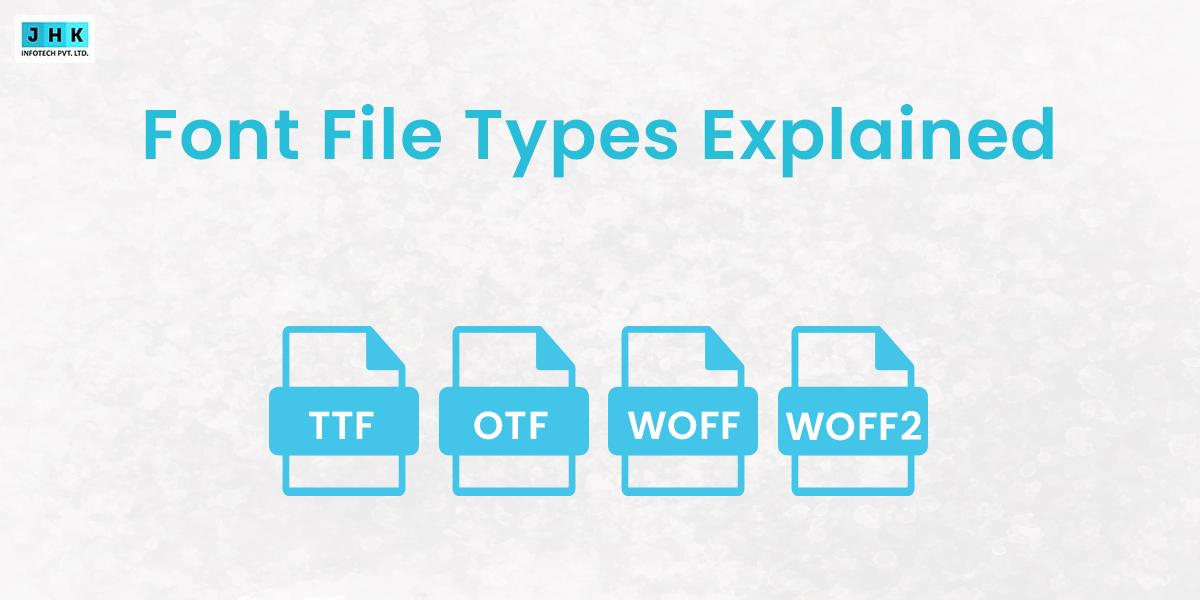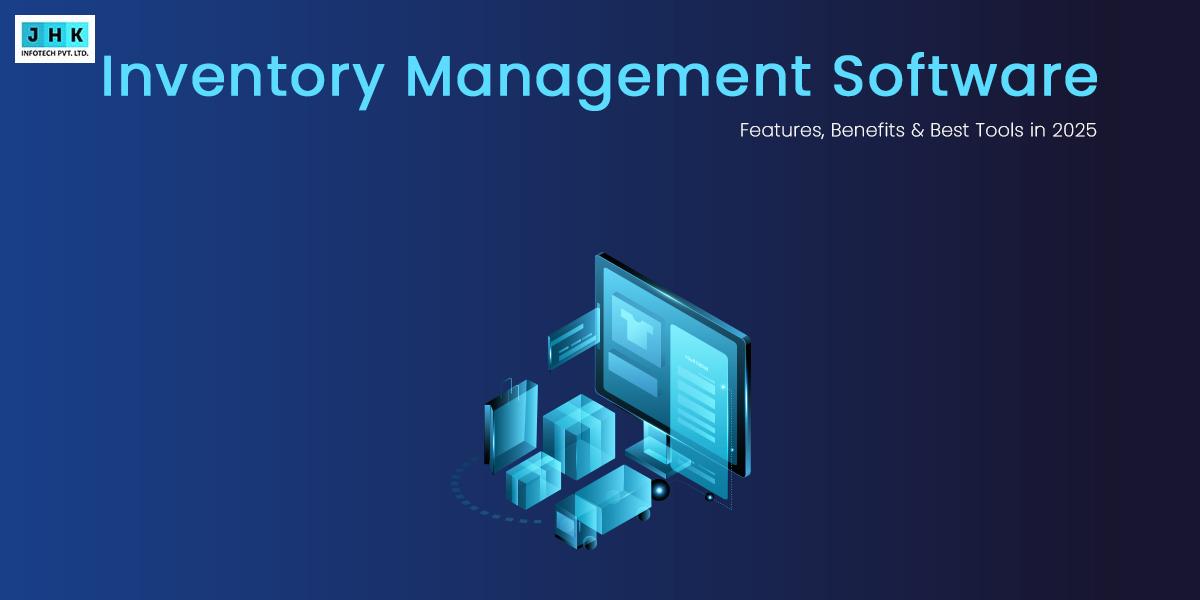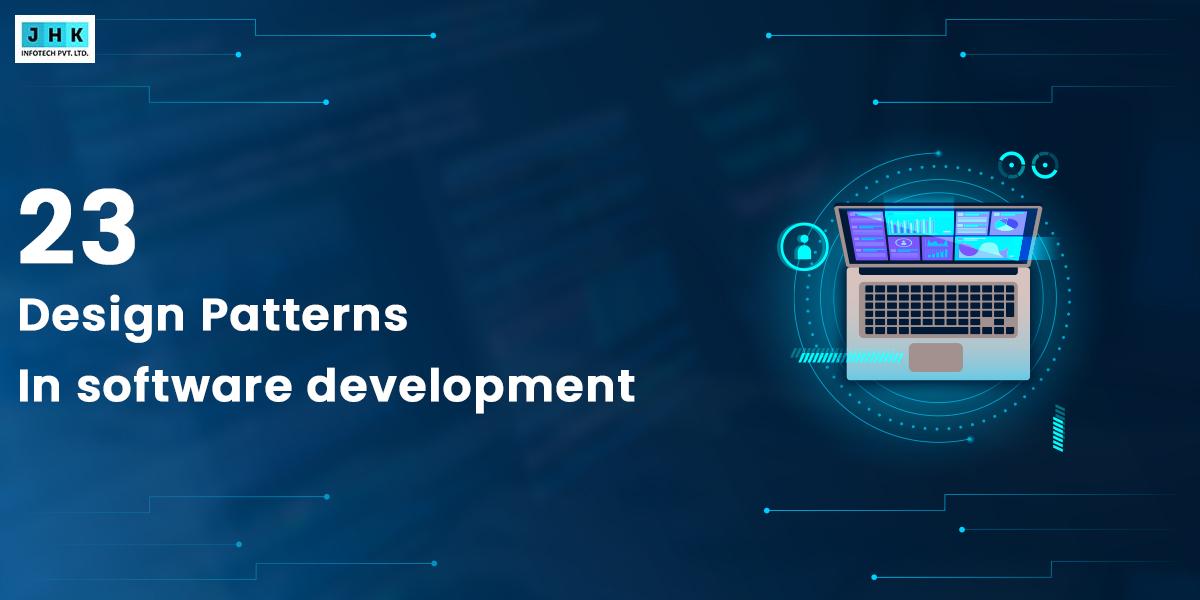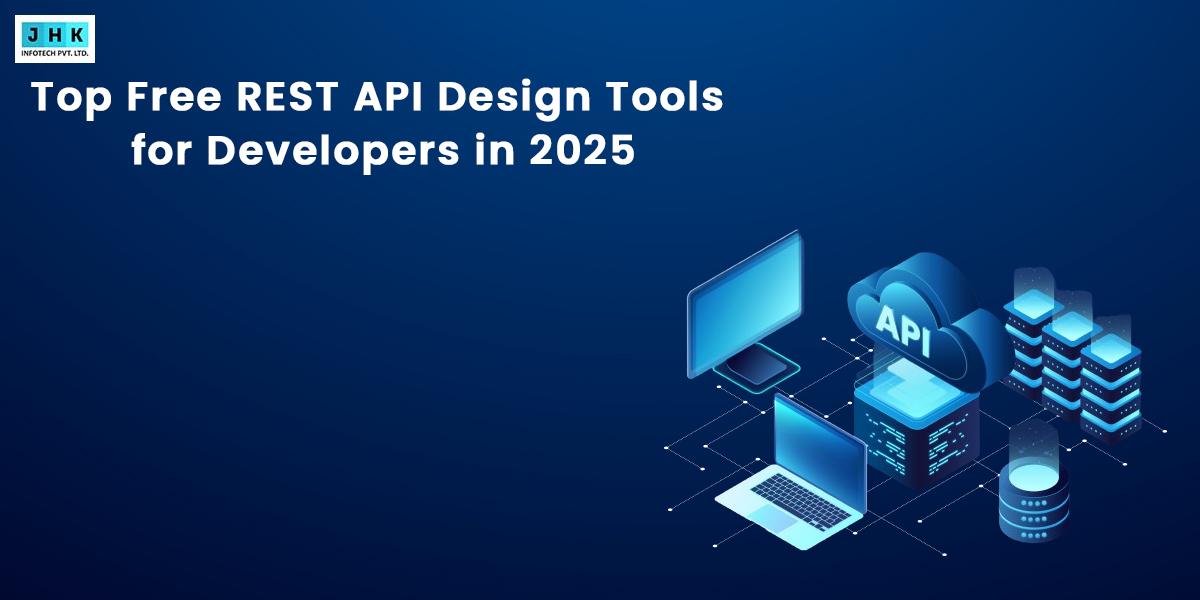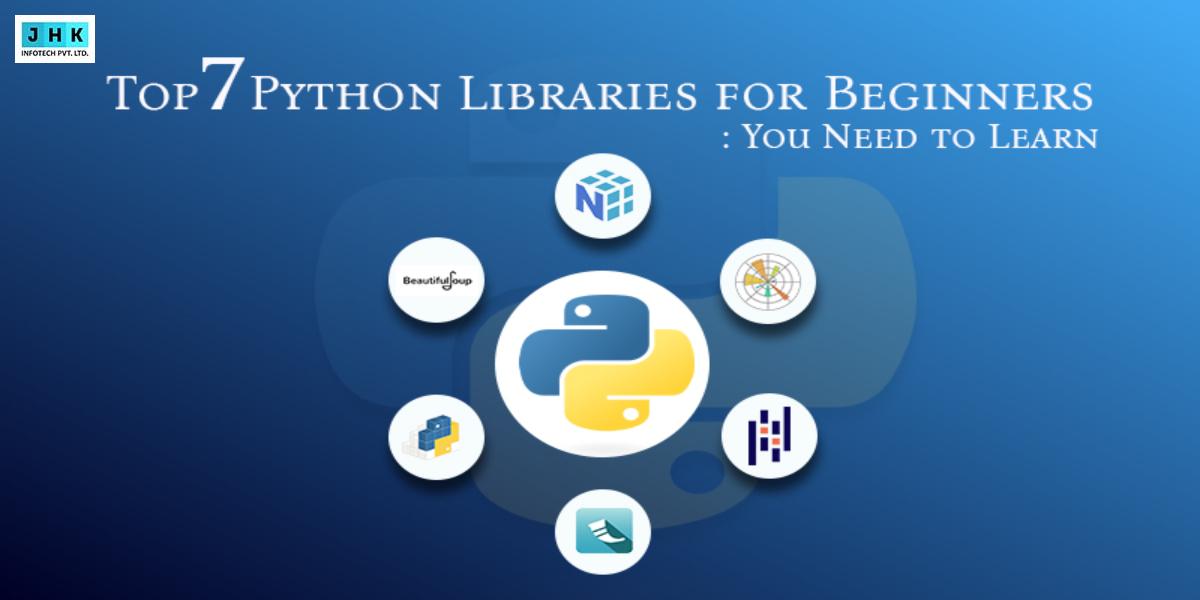How to Contribute to Open Source Project as a Beginner: A Step-by-Step Guide
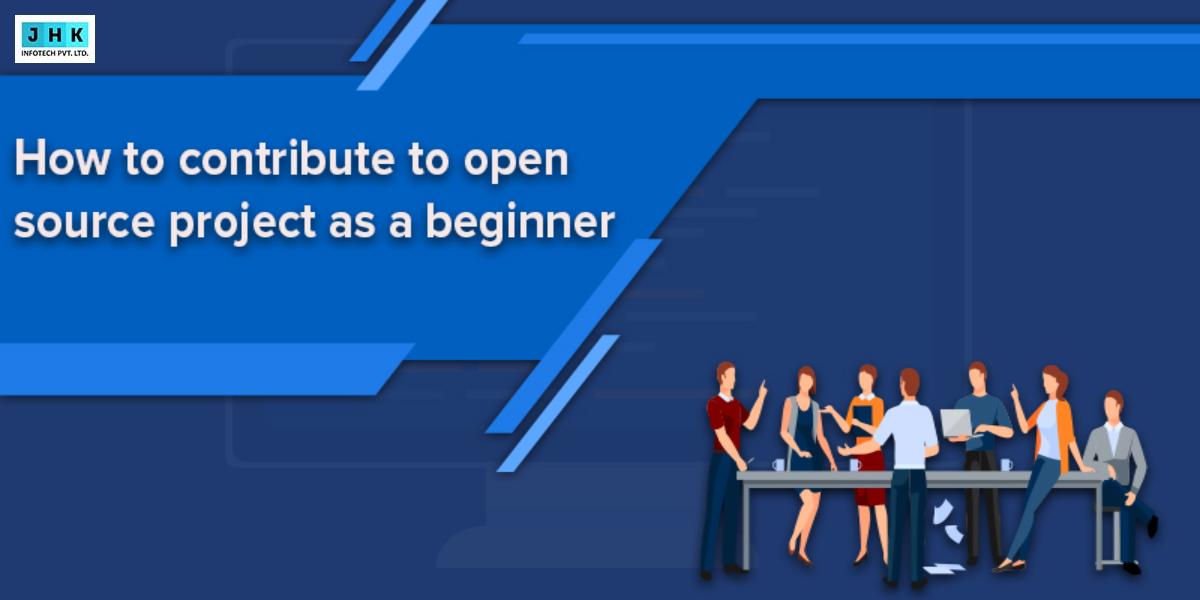
Diving into the world of open source can feel like stepping into uncharted territory, but it holds the promise of immense personal and professional growth. Imagine collaborating with global developers, refining your skills, and leaving a lasting imprint on projects that power the digital age. If you’re wondering how to contribute to open source project, you’re not alone—many beginners share the same curiosity and apprehension. The good news? Getting started is more accessible than you think.
The Power of Open Source: Why You Should Care
Open source projects are revolutionizing the way software is developed, making it more collaborative, transparent, and accessible. By contributing to open source, individuals can become part of a global community that values shared knowledge and collective progress. Open source projects are not confined to the realm of software development alone—they influence everything from educational resources to healthcare innovations. The power of open source lies in its ability to democratize technology, empowering anyone with the right skills to contribute, innovate, and make a meaningful impact. Participating in these projects allows you to become part of a larger movement where knowledge is freely shared, and solutions are built together, rather than in isolation.
Benefits of Contributing as a Beginner
As a beginner, diving into the world of open source may seem intimidating, but the rewards are immense. Contributing to open source allows you to apply your skills in real-world scenarios, learning as you go. For newcomers, it’s a perfect opportunity to gain hands-on experience that can enhance your skill set and build a robust portfolio. As you contribute, you will have access to the insights of seasoned developers and maintainers, enriching your learning process. Additionally, open source contributions serve as tangible proof of your abilities, making them an excellent asset for your resume. Perhaps most importantly, open source opens up the opportunity for global networking, connecting you with like-minded individuals who share your interests.
Understanding Open Source: What You Need to Know
What Exactly is Open Source?
At its core, open source refers to software that is freely available for anyone to view, modify, and distribute. Unlike proprietary software, which is controlled by a single entity, open source software is developed in a public, collaborative manner. This allows users not only to use the software but also to contribute to its improvement, share modifications, and even create their own derivatives. Open source is governed by licenses that dictate how software can be used and shared, but the underlying principle is openness, fostering innovation and collaboration.
Key Open Source Licensing: Understanding the Rules
While open source software is free to use, it is essential to understand the licensing agreements that come with it. These licenses outline how software can be modified and shared. Common licenses include the MIT License, GPL, and Apache License, each with its own stipulations regarding attribution, modification, and distribution. Understanding these licenses is vital to ensure that your contributions comply with the project’s legal framework. It also protects your rights as a contributor, so familiarizing yourself with these licenses is a crucial step before diving into open source projects.
The Importance of Open Source Communities
Open source is not just about the code—it’s about the community that builds it. These communities consist of developers, designers, testers, and users who collaborate to create and maintain projects. Engaging with the community can provide immense learning opportunities, as you can share knowledge, seek advice, and contribute to discussions. Communities thrive on open communication, and getting involved means not only contributing code but also participating in conversations, offering feedback, and fostering a positive, inclusive environment.
How to Get Started: The First Steps for New Contributors
Configuring Your Development Environment
Before making your first contribution, it’s essential to set up your development environment. The tools you’ll need will depend on the specific project, but generally, you’ll need a code editor like Visual Studio Code or Sublime Text, version control tools like Git, and an account on a platform like GitHub or GitLab. Familiarize yourself with the programming languages used in the project, as well as any dependencies or frameworks necessary for development. A solid environment ensures you’re ready to contribute efficiently.
Selecting the Ideal Open Source Project for Beginners
For a beginner, choosing the right project is crucial to building confidence and ensuring a smooth experience. Look for projects that are well-documented, have active maintainers, and specifically label issues as “beginner-friendly” or “good first issue.” These projects are typically welcoming to newcomers and provide clear instructions for getting started. Additionally, smaller, less complex projects are ideal as they allow you to learn the ropes without feeling overwhelmed by the scope of larger, more intricate systems.
How to Find Beginner-Friendly Projects on GitHub
GitHub is a treasure trove of open source projects, but finding the right one can be challenging. A highly effective method for discovering the right projects is by utilizing GitHub’s advanced search filters. These filters enable you to pinpoint repositories with specific labels like “good first issue” or “beginner-friendly.” Additionally, GitHub’s Explore page serves as a curated hub, showcasing popular and actively maintained open source projects, making it easier to find engaging opportunities. Getting involved in these beginner-friendly projects will help you learn from others while contributing meaningfully.
Contributing Without Code
Contributing to Open Source Through Documentation
Not all contributions to open source require coding. In fact, many projects depend on high-quality documentation to help users and developers navigate the software. If you’re a writer or communicator, contributing to documentation can be just as valuable as writing code. This includes improving README files, writing tutorials, or fixing typos. Well-written documentation enhances a project’s usability and is critical for its success.
Becoming a Bug Reporter: Reporting Issues Effectively
Another non-coding way to contribute to open source is by identifying and reporting bugs. This is an invaluable contribution, as it helps maintainers spot and resolve problems more quickly. When reporting bugs, make sure to provide detailed, reproducible steps, and include logs or screenshots if possible. Effective bug reports lead to faster resolutions and keep the project on track.
Designing and User Experience Contributions
Designers and user experience (UX) experts play a significant role in improving open source projects. Contributing design ideas, creating mockups, or improving the overall user interface can greatly enhance the accessibility and appeal of a project. These contributions often go hand-in-hand with usability testing, ensuring the project is intuitive and user-friendly.
Understanding Git and GitHub
Why Git and GitHub Are Essential for Open Source Contribution
Git is a powerful version control system that enables multiple developers to collaborate on the same codebase in real time, ensuring seamless integration without the risk of conflicts. GitHub, a platform built around Git, provides a space for developers to collaborate on open source projects. It is the most widely used tool for managing contributions and keeping track of changes made to a project. Learning Git and GitHub is fundamental for any contributor, as it enables you to effectively collaborate, track changes, and submit your contributions.
Setting Up Your GitHub Account: A Beginner’s Guide
To start contributing, you’ll first need a GitHub account. Setting up an account is simple: just create a profile, configure your settings, and familiarize yourself with the interface. After signing up, you can explore repositories, fork them, and submit pull requests. GitHub also allows you to follow projects, track your contributions, and participate in discussions through issues and pull requests.
How to Fork, Clone, and Create a Pull Request on GitHub
The core of GitHub collaboration revolves around forking, cloning, and creating pull requests. Forking a repository generates an individual copy of the project, allowing you to make modifications independently of the original codebase. Cloning downloads the repository to your local machine, allowing you to work on it offline. After making changes, you create a pull request to suggest your improvements to the original project. Understanding these basic GitHub actions is essential for any contributor.
How to Make Your First Contribution
Reading and Understanding a Project’s README
The README file is the first place to start when contributing to an open source project. It provides essential information about the project, including its purpose, how to set it up, and how to contribute. A thorough understanding of the README will give you the context you need to begin contributing meaningfully.
Understanding Contribution Guidelines
Every open source project has contribution guidelines, which detail the process for submitting code, reporting issues, and other protocols. These guidelines are critical for maintaining the integrity of the project and ensuring contributions align with the project’s standards. Ignoring these guidelines can lead to your contributions being rejected or causing unnecessary conflicts.
Making Your First Pull Request: A Simple Walkthrough
Making your first pull request can be nerve-wracking, but it’s an exciting milestone. Start by forking the repository, making changes, and pushing them to your own fork. After reviewing your changes and ensuring they follow the guidelines, you can create a pull request, providing a detailed explanation of your modifications. The pull request will be reviewed by the project maintainers, who will provide feedback or merge your changes.
How to Handle Feedback and Revise Your Contribution
Receiving feedback is a crucial part of contributing to open source. Project maintainers often review pull requests and offer suggestions for improvement. Constructive criticism is an opportunity to learn and refine your skills. Be open to feedback, revise your contribution accordingly, and resubmit it. This iterative process helps improve the project while also enhancing your abilities as a developer.
Frequent Errors to Steer Clear of When Contributing to Open Source
Not Reading the Contribution Guidelines: A Recipe for Failure
One of the most common mistakes beginners make is failing to read or follow the project’s contribution guidelines. These guidelines ensure consistency across the project and help maintainers understand your changes. Ignoring them can lead to wasted effort and rejected contributions.
Overcomplicating Your First Pull Request: Keep It Simple
Beginners often try to tackle large tasks or overcomplicate their first pull request. Start small—fix a typo, resolve a minor bug, or improve documentation. This allows you to familiarize yourself with the process and ensures your contributions are manageable and successful.
Ignoring Project Communication Channels: How to Stay Informed
Communication is key in open source. Failing to engage with the community or missing out on project updates can lead to missed opportunities or misaligned contributions. Participate in discussions, monitor project channels, and always stay informed about the latest developments.
Staying Involved: Building Your Open Source Presence
How to Follow Up on Your Contributions and Stay Active
Contributing to open source extends far beyond submitting your first pull request. Stay engaged by following up on your contributions, answering questions, and reviewing other contributors’ work. Regular involvement will help you build a reputation as a reliable and valuable member of the community.
Becoming a Regular Contributor: Tips for Ongoing Involvement
The best way to make an impact in open source is by consistently contributing. Set aside time regularly to contribute, whether by fixing bugs, improving documentation, or offering new features. Becoming a regular contributor establishes your presence and allows you to grow alongside the project.
How to Network with Maintainers and Other Contributors
Networking in the open source community is invaluable. Participate in discussions, share knowledge, and build relationships with maintainers and other contributors. This not only helps you stay informed about the project but also opens doors for future collaboration and opportunities.
How to Handle Feedback and Improve Your Contributions
Understanding and Responding to Code Reviews
Code reviews are an essential part of the open source workflow. They provide valuable insights into how to improve your code. Learn to approach code reviews with a mindset of learning and collaboration, and take the time to understand the feedback before making changes.
How to Stay Motivated After Receiving Criticism
Open source contributions can be intimidating, and receiving criticism may feel discouraging. However, criticism is an opportunity to improve. Learn to separate your work from your identity, focus on growth, and keep pushing forward, knowing that every piece of feedback is a step toward better contributions.
Establishing Your Reputation within the Open Source Community
Consistency and quality are key to building a strong reputation in open source. Focus on making meaningful contributions, communicating effectively, and staying active. As you continue contributing, your reputation as a reliable and skilled developer will grow, opening up more opportunities for you in the community.
The Benefits of Contributing to Open Source as a Beginner
Skill Building: How Open Source Helps You Grow as a Developer
Open source is an excellent platform for developing new skills and honing existing ones. By contributing to projects, you gain hands-on experience with a variety of technologies and learn best practices from experienced developers. The process of contributing, testing, and refining your work will accelerate your growth as a developer.
How Open Source Contributions Enhance Your Resume
Employers value real-world experience, and open source contributions are the perfect way to showcase your skills. A solid open source portfolio demonstrates your ability to collaborate, problem-solve, and contribute to large-scale projects. This can make you stand out in a competitive job market.
Networking Opportunities: Connecting with Developers Worldwide
Open source is a global community. By contributing, you connect with developers from around the world, share knowledge, and collaborate on exciting projects. These connections can lead to new opportunities, whether through job offers, collaborations, or learning experiences.
Challenges You Might Encounter and Strategies to Overcome Them
Dealing with Imposter Syndrome as a Beginner Contributor
Many beginners experience imposter syndrome, feeling like they don’t belong in the open source community. However, remember that everyone starts somewhere, and your contributions—no matter how small—are valuable. Focus on learning and growing, and don’t let self-doubt hold you back.
Navigating Complex Projects: Breaking Down Difficult Tasks
Large projects can seem daunting, especially if you’re new to open source. Break down complex tasks into manageable chunks. Start with smaller, less intimidating issues and gradually work your way up to more complex contributions as you become more comfortable with the project.
Handling Conflicts or Disagreements in Open Source Communities
Disagreements are an inherent aspect of any collaborative setting. If you encounter a conflict, approach it with respect and professionalism. Engage in open, constructive dialogue to resolve issues and keep the project moving forward.
Open Source Etiquette: Best Practices for New Contributors
Respecting Project Maintainers and Other Contributors
Good open source etiquette is essential for maintaining a healthy community. Be respectful of the time and efforts of project maintainers and other contributors. Communicate clearly and professionally, and always be appreciative of the work done by others.
How to Write Clear and Concise Commit Messages
Commit messages play an important role in communicating changes. Craft precise and succinct commit messages that clearly reflect the changes implemented. This will help maintainers and other contributors understand your modifications and make it easier to track changes over time.
The Importance of Consistency and Reliability in Contributions
Consistency and reliability are highly valued in open source. If you commit to a task, ensure that you follow through and deliver your work. This will help build trust with the community and establish you as a dependable contributor.
How to Scale Up Your Contributions Over Time
Taking on More Complex Issues
As you gain experience, take on more complex issues to challenge yourself. Don’t hesitate to tackle bigger tasks, but ensure you have a solid understanding of the project before diving into complicated code.
How to Maintain a Balance Between Learning and Contributing
Balancing learning and contributing is crucial for long-term success. While contributing is valuable for your development, continue investing time in learning new skills and technologies to stay ahead. A balanced approach ensures sustainable growth.
Becoming a Maintainer: What It Takes to Lead an Open Source Project
Eventually, you may aspire to become a maintainer. Being a maintainer involves more than just writing code—it requires leadership, communication, and organizational skills. Contributing consistently and helping the community thrive will position you for this role when the time comes.
Resources for New Open Source Contributors
Top Websites and Platforms for Finding Open Source Projects
Websites like GitHub, GitLab, and Bitbucket are home to thousands of open source projects. Explore these platforms to find projects that match your interests and skills. Websites like Open Source Friday and CodeTriage can also help you find issues to work on.
Books and Tutorials Every Beginner Contributor Should Read
Books like Pro Git and The Art of Readable Code are excellent resources for new contributors. Tutorials on platforms like freeCodeCamp and Codecademy can help you learn the necessary skills to start contributing confidently.
Online Communities and Forums for Open Source Developers
Online forums such as Stack Overflow, Reddit’s r/opensource, and Dev.to are great places to connect with fellow open source enthusiasts. Join discussions, ask questions, and engage with the community to learn from others and share your own experiences.
Final Thought
Contributing to open source is a lifelong journey of learning, collaboration, and personal growth. As you contribute, you will continue to refine your skills, build your network, and make meaningful contributions to projects that matter. Open source is a community that rewards those who give back, and the benefits are enduring.
Staying committed to open source requires dedication and passion. Embrace the process, enjoy learning new things, and take pride in each contribution, no matter how small. The more you contribute, the more you’ll grow—both professionally and personally.




